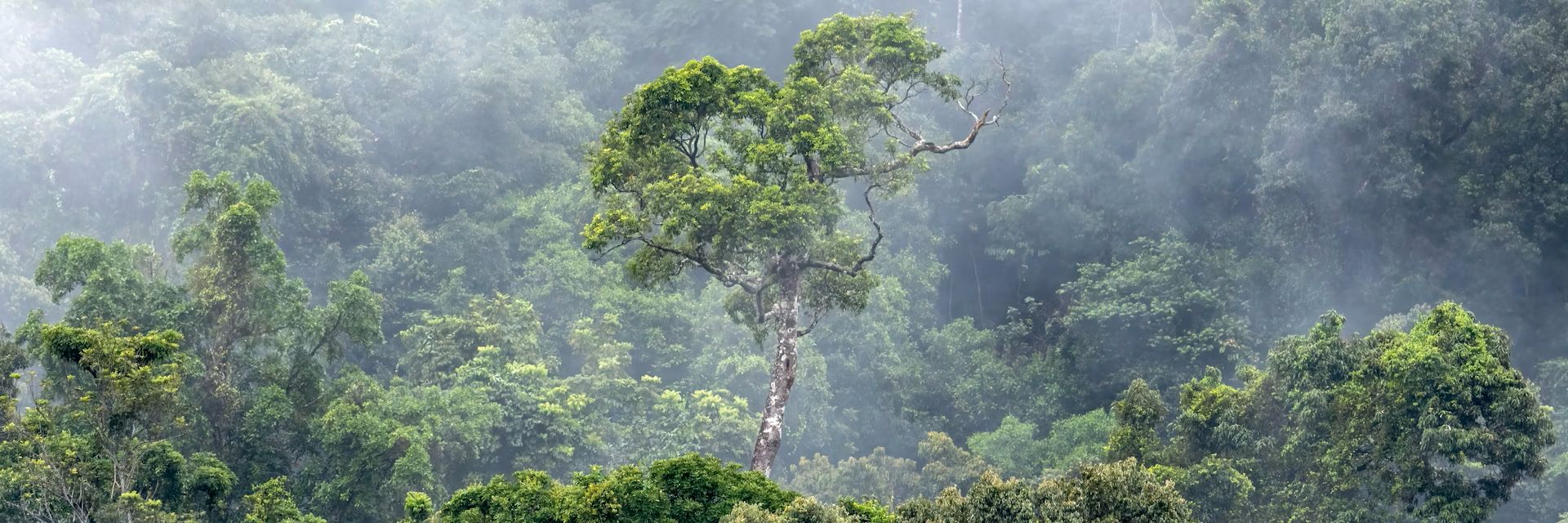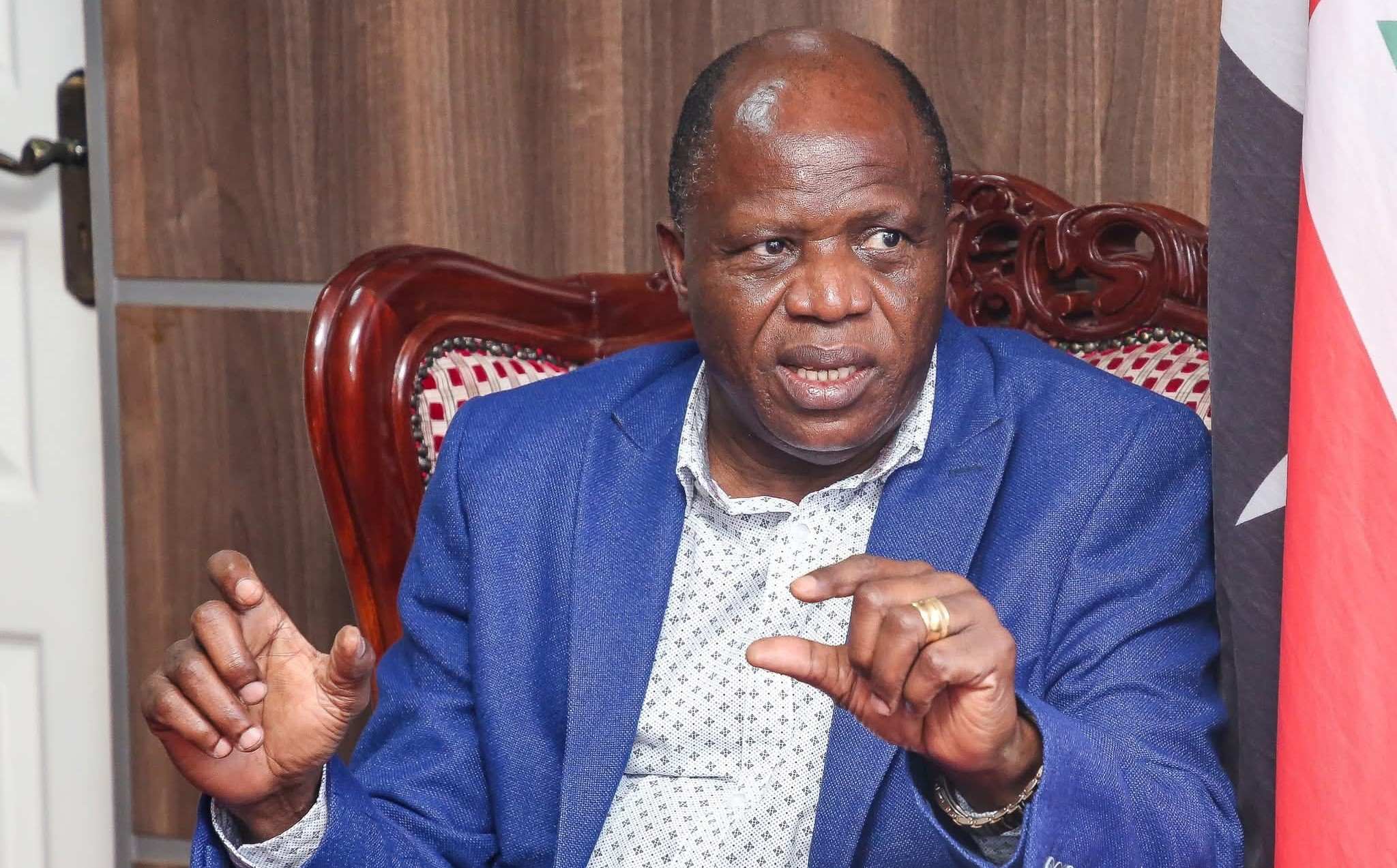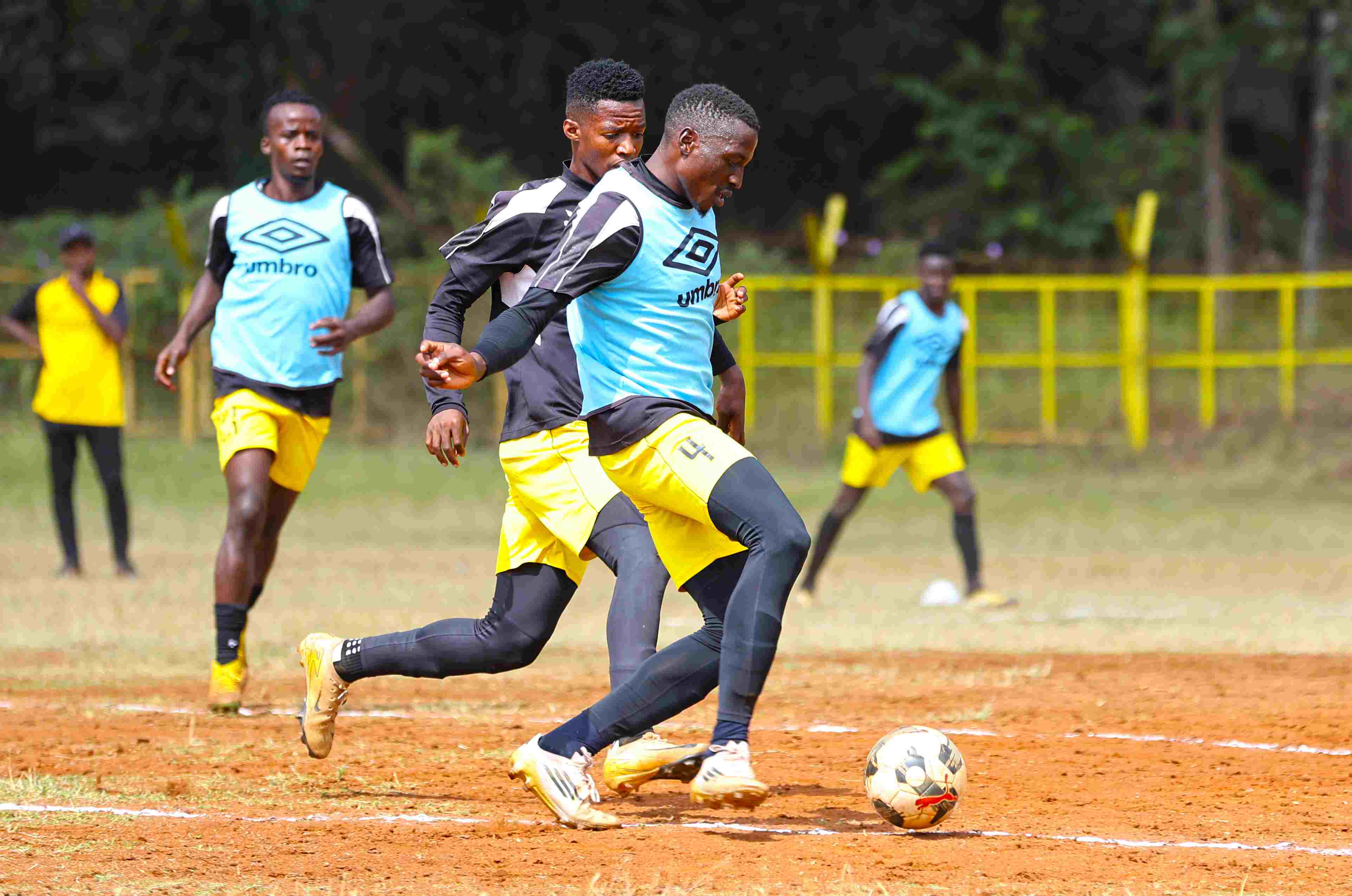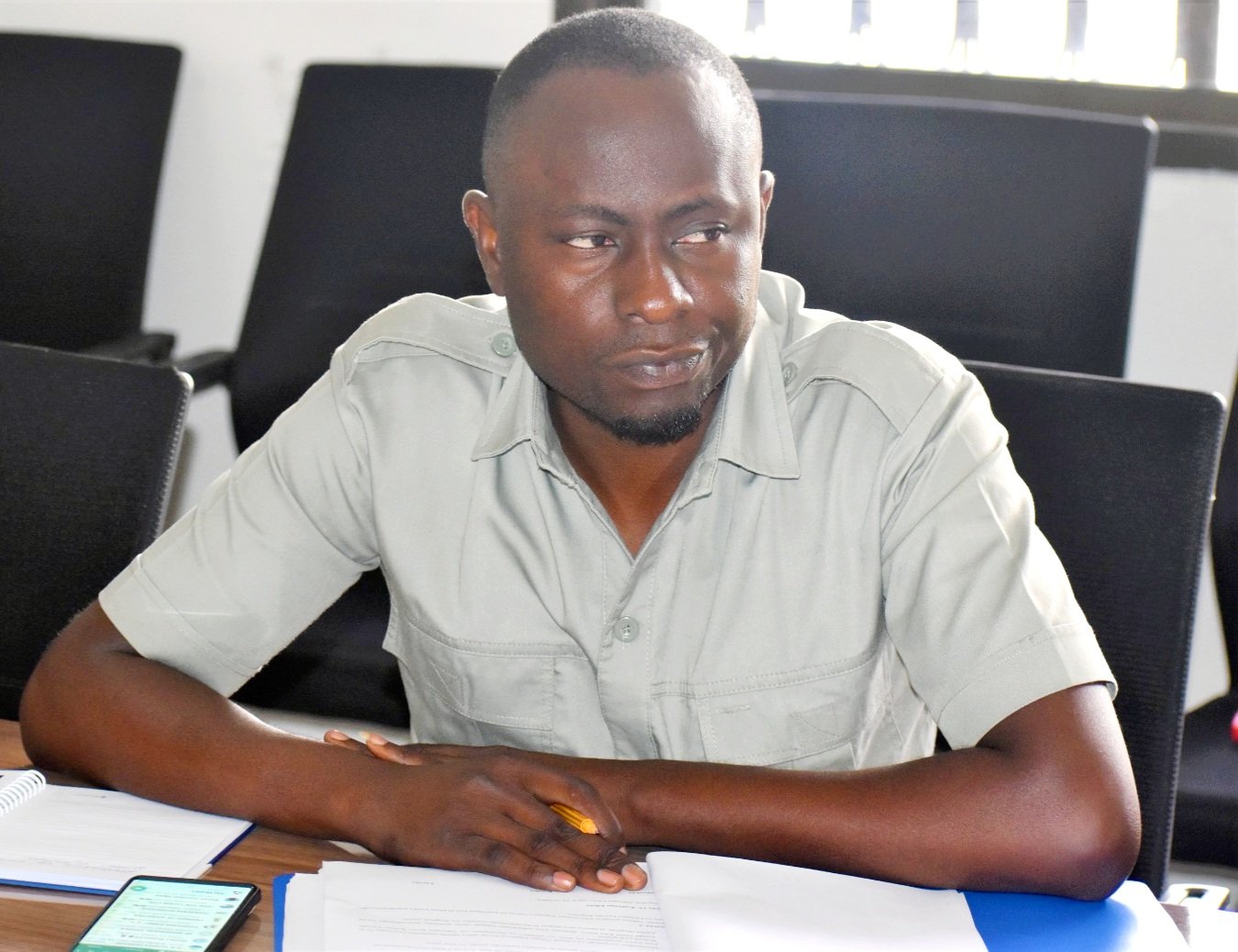After exit of NMS, Mathare residents lament lack of tangible projects
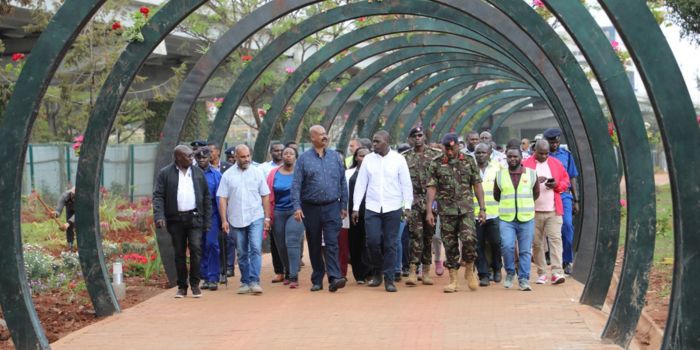
With nearly 69,000 residents, the community struggles with limited access to clean water, electricity, and adequate drainage, posing serious health risks.
Mathare sub-county is an informal settlement located in Nairobi’s Eastlands area and is the oldest and second-largest urban slum in Kenya after Kibera.
Life in Mathare, like in many informal settlements in Kenya’s capital, speaks of years of neglect by successive governments.
More To Read
- CoB Margaret Nyakang’o warns health payrolls devouring county budgets
- Nairobi County Assembly moves to resettle Mathare 4A families after 36-year wait
- World Bank to fund Nairobi's 58km rail upgrade at Sh65 billion
- Uncontrolled hawking makes Nairobi streets hard to navigate, chokes other businesses
- Sakaja calls on Senate to probe into NMS's Sh15 billion pending bills
There are six wards in Mathare, namely Hospital, Mabatini, Huruma, Ngei, Mlango Kubwa, and Kiamaiko, which constitute 13 villages that grapple with overpopulation, covering 157 hectares from Pangani to the Gitathuru River.
With nearly 69,000 residents, the community struggles with limited access to clean water, electricity, and adequate drainage, posing serious health risks.
Children play in hazardous conditions, while illegal electricity connections and flammable housing create potential disaster scenarios. Garbage litters the streets, reflecting a pervasive sense of apathy that perpetuates disease and despair.
Recognising the challenges of underdevelopment, unemployment, and a high crime rate, former President Uhuru Kenyatta in March 2020 directed the defunct Nairobi Metropolitan Service (NMS) to undertake slum-upgrading in the capital city.
In July of the same year, former NMS Director-General, Lt. General Mohammed Badi, designated Mathare as a special planning area, laying the groundwork for development plans to guide future projects.
Badi emphasised that this designation would ensure any future developments in targeted informal settlements would adhere to a structured planning framework.
Subsequently, NMS facilitated public participation, allowing residents to review physical maps and provide input on development priorities.
Harmonised standards and guidelines were established for construction projects in line with the Physical and Land Use Planning Act of 2019. This framework paved the way for various initiatives aimed at transforming Mathare.
In 2020, NMS embarked on the construction of 408 kilometres of access roads in the city’s informal settlements, in partnership with the Kenya Urban Roads Authority (KURA).
The project, which was classified into nine zones, sought to upgrade 18 kilometres of roads within Mathare slums, crossing through the six wards. The aim was to spend less money but open up the slums, making them accessible.
The roads were to provide access for fire engines, essential in a city where slums like Mathare are prone to fires.
Borehole projects
Mathare sub-county benefited from borehole projects initiated by NMS and Athi Water Works Development Agency, improving water sanitation for residents.
The Mathare Community Water Supply was inaugurated on June 17, 2020, offering residents free access to clean water and reducing reliance on vendors.
Furthermore, the Huruma community water supply project, which was commissioned by the former president, served approximately 6,000 people through water kiosks.
These boreholes were part of a larger initiative involving the drilling of 193 boreholes across informal settlements in Nairobi, costing Sh1.7 billion.
In March 2022, the State Department for Housing and Urban Development broke ground for the construction of a market in Mathare North Ward, aiming to accommodate 305 traders and provide employment. The project is yet to be completed.
To enhance access to healthcare in Mathare, the Kiamaiko Dispensary, a level two facility, opened its doors in February 2021, followed by the Mama Margaret Uhuru Hospital-KNH in March 2022, part of the 24 hospitals built by NMS to improve health access for slum residents.
However, since NMS’s exit in November 2022, residents have lamented a lack of tangible projects.
Loise Nduku, a resident of Huruma estate, expressed her disappointment, noting that no water projects have been initiated after the installation of boreholes.
“I have been a resident of Huruma since 2007 and since Uhuru launched the borehole at Huruma Primary School, I have not seen any other water project. I fetch water from the borehole every day for cleaning my vegetables before I sell them,” she said.
Kevin Mong’are, a boda boda rider, praised the road upgrades in Huruma but said that lately, there have been few efforts to repair roads.
“Not all roads in Huruma are in good condition apart from what was done before the elections," he said.
Top Stories Today


